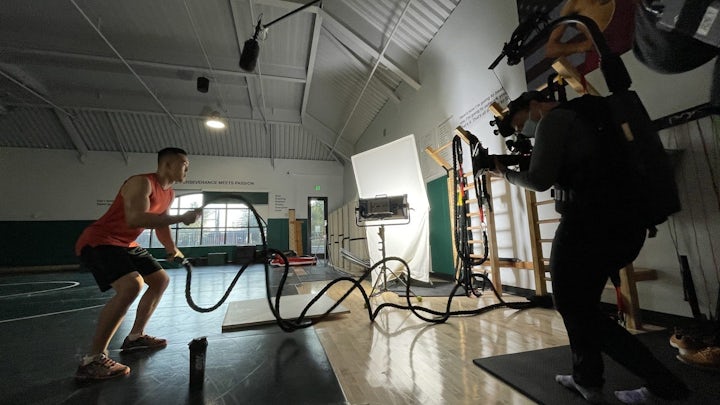
Director Amir Noorani on shooting a high energy campaign with NFL stars
Interviews • 4min read
Interviews • Written by Ellie Cameron-Krepp, Senior Community Manager
Danae Grandison is a New York based graphic designer turned writer and director. She has directed and produced music videos, shorts and branded content, including the award-winning short film, Unspoken (2019). She spoke with Genero to share her approach to pitching on the platform and how she’s found her feet in the film industry.
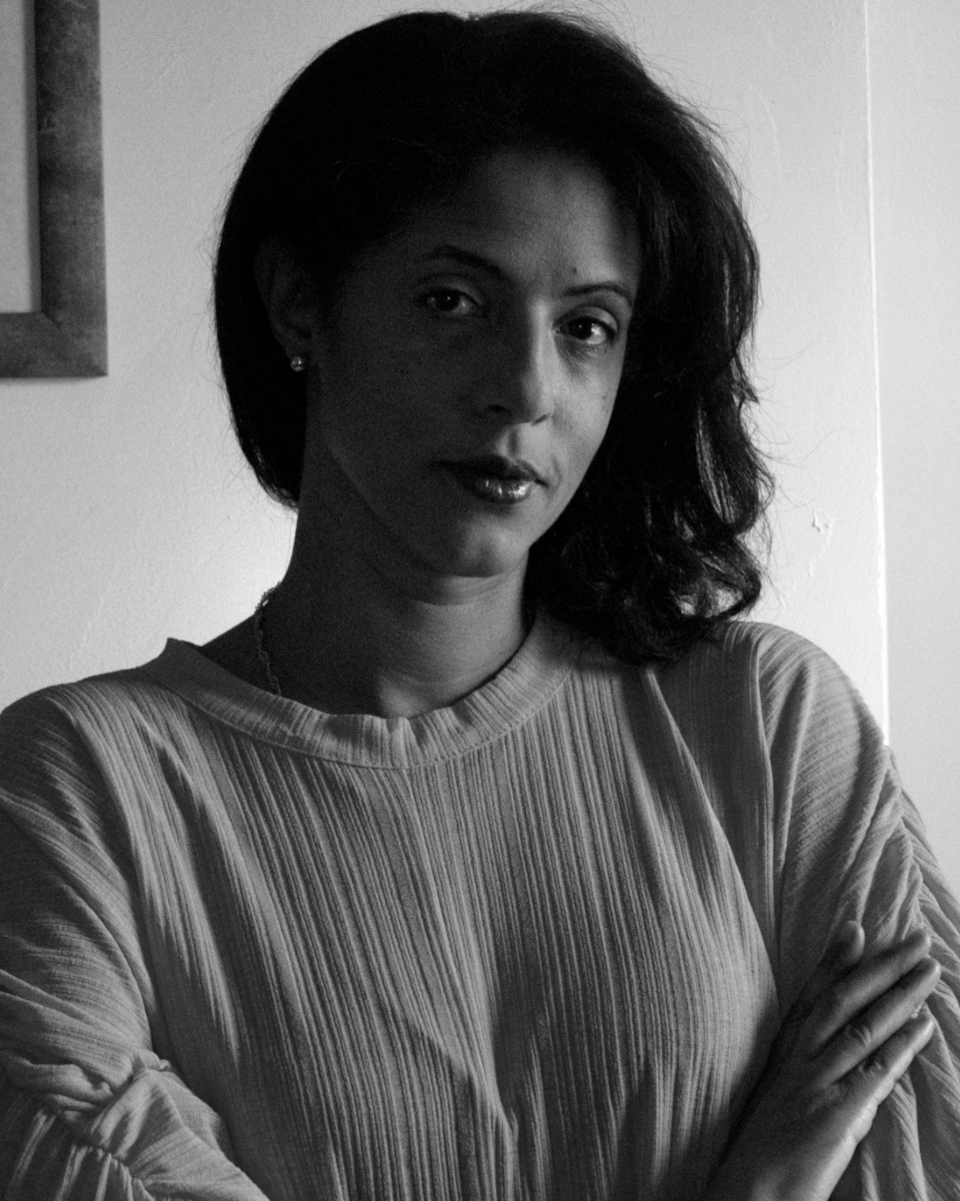
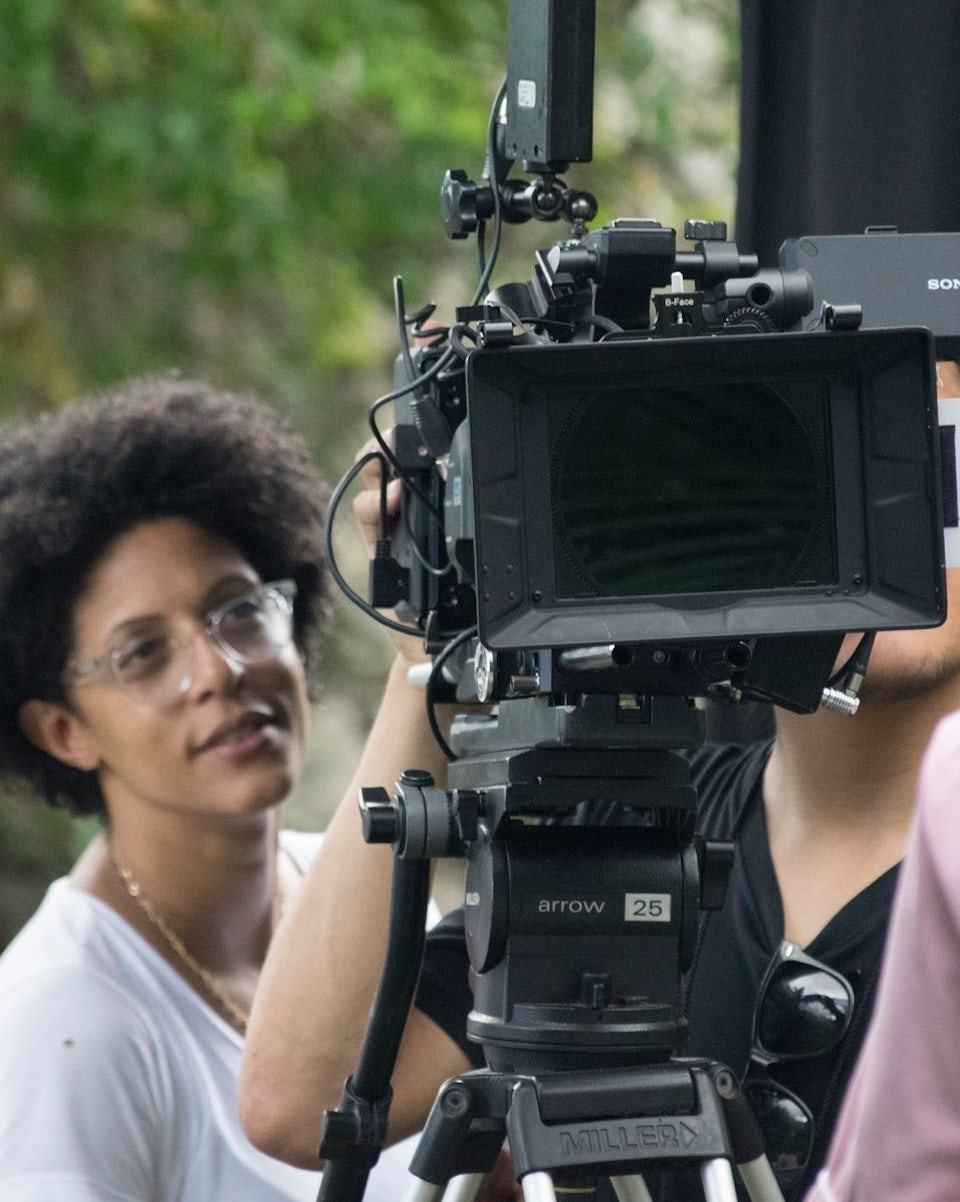
It can be intimidating to submit pitches, to sell yourself without your full team yet onboard. But I keep trying to trust the simplicity of an idea and reuse my template deck. It makes using the platform and uploading pitches easy to do.
It’s always a little intimidating starting a pitch, but I try to focus on what the brief is asking, and rely on the call to action (CTA) as my initial direction. From there, I always research the brand voice. Sometimes it’s challenging, especially if the aesthetics and image are still evolving, but I look at what the client has done in the past and who they are up against. Then I return to the CTA and try to create a story that I can connect with as well.
The next challenge is the pitch PDF itself, but I use a template I’ve created. Coming from a graphic design background, there are a few design principles I keep in play with my templates like use of fonts, color choices and how legible the text is. Finding the perfect imagery is a challenge, but it helps capture what I’m imagining to deliver the look.
From when I was only twelve years old I wanted to make commercials, so I went to school to study Advertising. My path in school exposed me to the print side of advertising but not the fundamentals of creating commercials, so I pursued a career path as an art director. Almost 20 years later, I decided to go back to hone my filmmaking skills. When I was writing my entrance essay, I realized how far I’d strayed from my twelve year old dreams, so I was glad I found my way back.
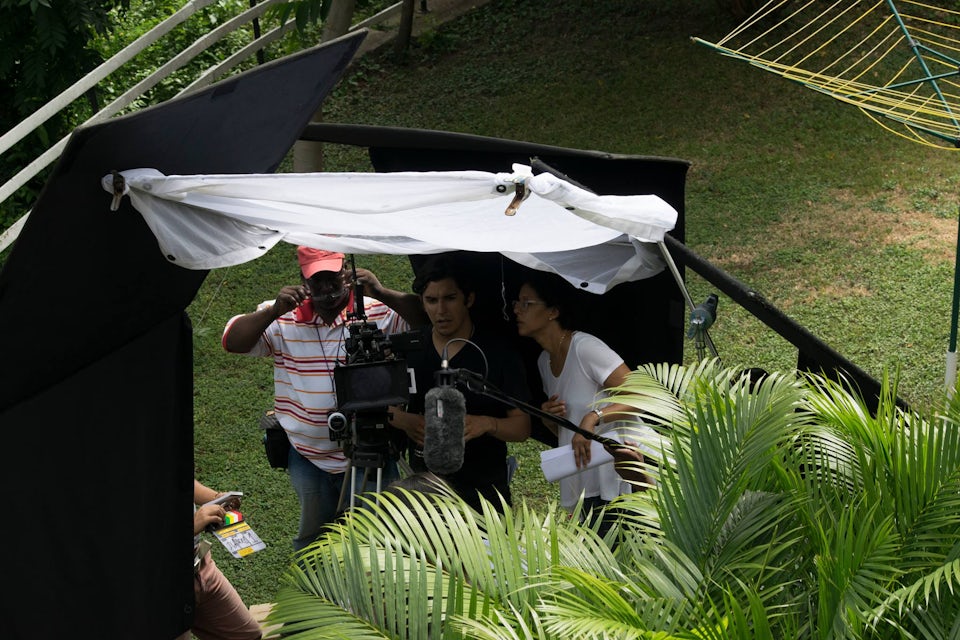
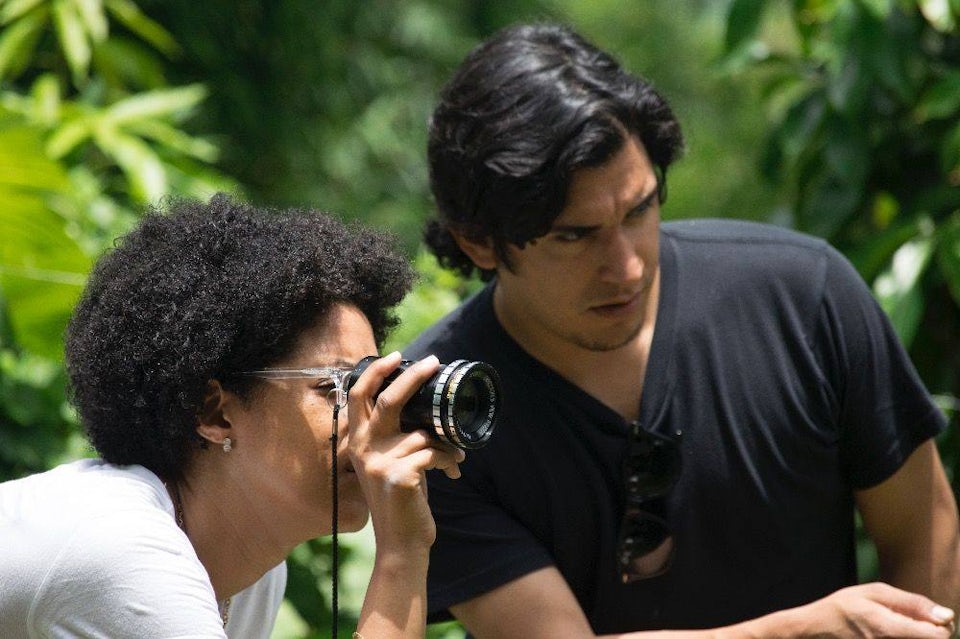
To be honest, it’s a journey. When I started my film course, I saw myself only directing, but I quickly became a writer/director for my first thesis film. Once I left school, I took the role of line producing or as First AD, as a source of income and to gain experience.
Personally, I’ve been working tirelessly on my first feature script. Finding opportunities to be hired as a director is challenging, so I’ve been trying to reimagine how to present myself, including using spaces like Genero to do that. And I wonder if I need a steady production team to appear more hireable? Are my past productions not enough? I know the experience I’ve gained thus far has set me up to be able to do the job, and do it really well.
Standing out in filmmaking is a challenge for everyone, but those that fall under the BIPOC label can feel the challenge even more. Being a part of Minorities in Film has been great, it’s a supportive community that truly creates a collaborative space that encourages us to work together. This collective has brought mentorship opportunities to members, and they are always looking for ways to align us with partnerships like Genero or other work opportunities to help us build our career in film.
The POC voices that are getting produced show just how layered and different and accessible we all are, but in order for the industry to support more diverse voices, everyone needs to make space for us in the room.
It’s necessary to have women and people of color to share their narratives, because it allows us to have more control of our truth and identity. We are more than stereotypes. The POC voices that are getting produced show just how layered and different and accessible we all are, but in order for the industry to support more diverse voices, everyone needs to make space for us in the room.
Collectives like Minority in Film constantly look for opportunities and relationships that can close the gap. And hopefully what can transpire is bridging more collectives like this into the fold.
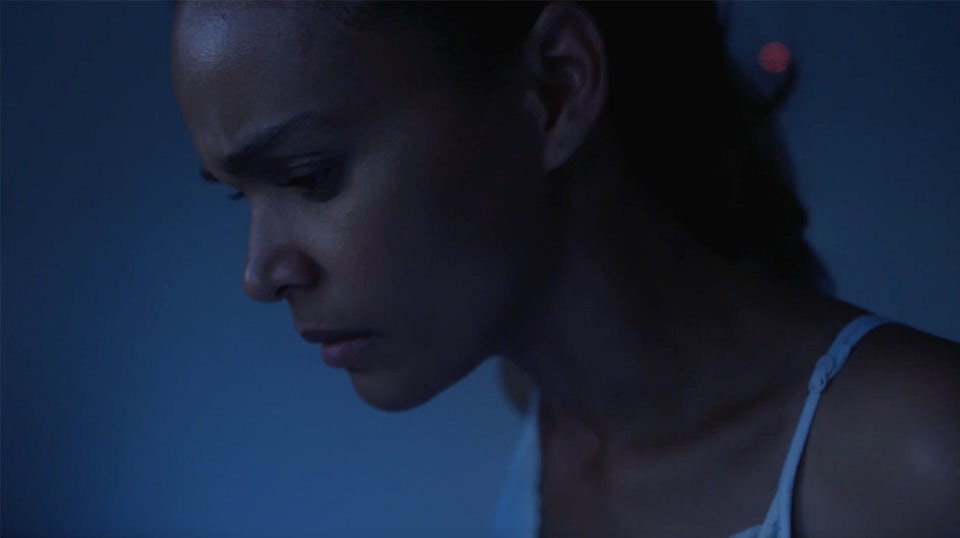
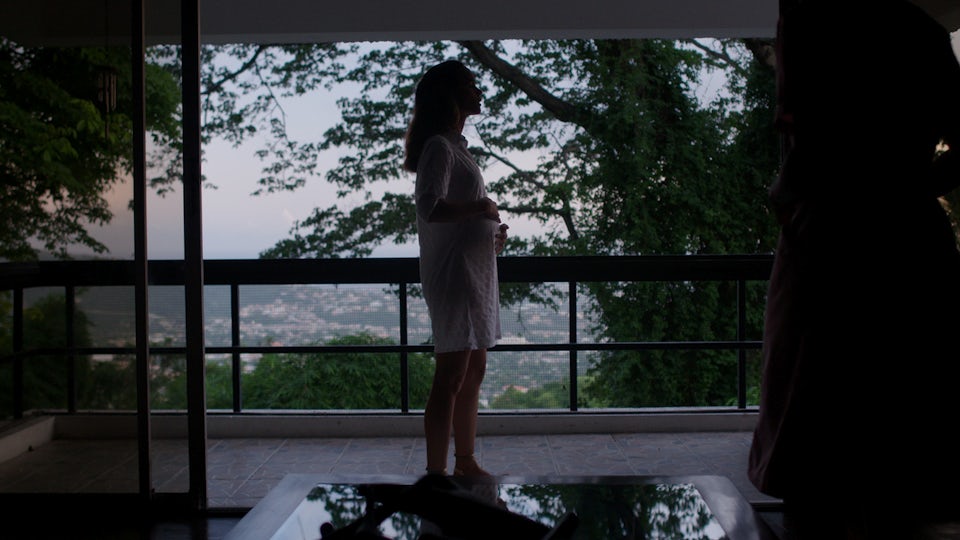
Success has shown up in different ways. A company I freelanced for as a designer has hired me as a filmmaker almost six years later, and that says a lot about no longer being seen the same as how they first met me.
I am also so excited about my most recent short film ‘Unspoken’ which has earned me a few awards and write ups that recognize my voice, like being a recipient of the NYWIFT ‘Most Outstanding Female Content Creator’ at Katra Film Festival.
Some steps feel smaller than others but I appreciate them all and the journey and what’s to come. I am currently in-development to turn Unspoken into a feature, which has already been three years in the making.
Coincidentally, my word for 2023 is Believe. That being said, I’ve had my highs and lows with holding the belief that I will be given the opportunity to exist as the director I visualize myself becoming. I am writing more than directing in order to have material to pitch and ensure the stories I want to be told are being created, and some skills are harder to master than others. My advice to you is keep going. Find your groups to grow in and with. It’s becoming a noisy space to be seen in, so refine your craft like actors have to refine theirs, so that you’re ready for the opportunities when they show up.
This article was produced in partnership with Minorities in Film, a collective for People of Color and People with Disabilities in film and media.

Interviews • 4min read

Interviews • 6min read